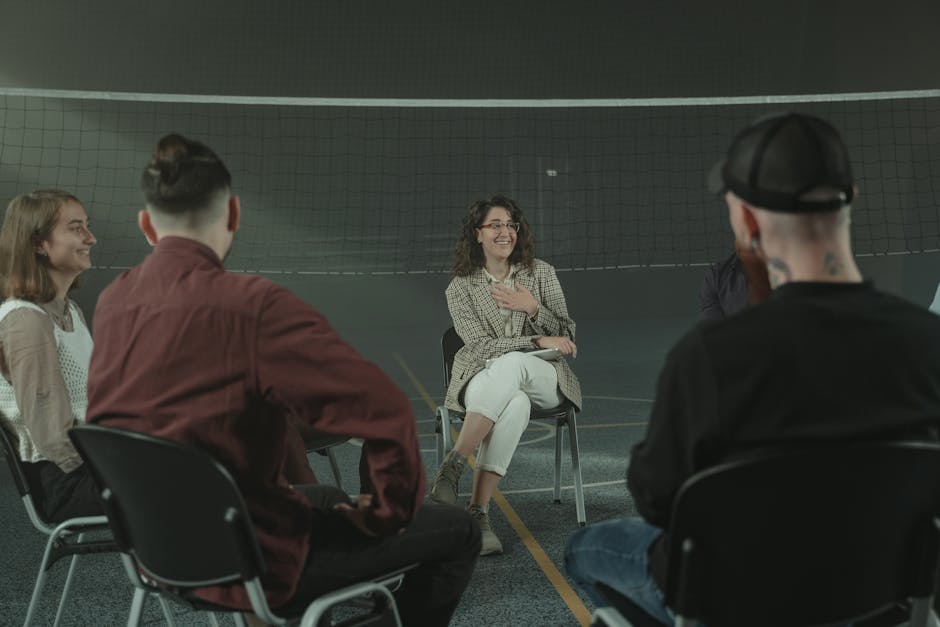By Aidan Brown

#Schools on Long Island are closed for the summer, but administrators still have homework. As the #coronavirus #pandemic exacerbates an ongoing adolescent #mentalhealthcrisis, #schools must prepare to meet the #mentalhealthneeds of their students come September.
The sad truth is that a #mentalhealthcrisis affecting #young people existed before the #pandemic began. One in five adolescents has a diagnosable #mentalhealthissue, but only half receive any treatment. #Suicide is the second-leading cause of death for people under the age of 24. The #suicide rate for #children ages 10-24 increased by 56% from 2007 to 2017.
With added stressors like #COVID-19, economic recession, widespread protests, and months without social interaction, the headlines of the last few months could be mistaken for the “Trauma Types” checklist from the National Childhood Traumatic #Stress Network. Recent events are especially concerning because trauma, especially in childhood, has been shown to increase the risk of long-term #mentalhealthissues.

#Schools must help tackle this looming crisis because they represent the one institution that virtually all adolescents interact with every day. #Schools began to take on #mentalhealth in part because they could offer a centralized point of care. Research suggests that #schools are the most common provider of #mentalhealthservices for #youth. Also, 50% of all #mentalillness cases begin before age 14; 75% begin before age 24. This means that for #students who are going to have a #mentalillness at some point in their lives, the illness will most likely be apparent while they are still in the school system. #Schools have the opportunity to treat #students early on and have the structures in place to connect #students to services.
But the #pandemic has fundamentally changed the way schools provide #students with #mentalhealthresources. The process usually begins when a teacher identifies concerning behavior in a #student like missing class often, failing to hand in an assignment, or letting grades slip. Virtual learning makes it more difficult to notice such behavior with little face-to-face time, muted microphones, and pass-fail assignments.
This means that not only is it likely more #students need #mentalhealthresources, but also it is more difficult to identify those #students in need.
The exact nature of education in September is still unknown. On Wednesday, Mayor Bill de Blasio announced that New York City #schools would only partially reopen. On the same day, #PresidentDonaldTrump threatened to cut federal funding to #schools that did not completely reopen in the fall.
Even if #schools are in-person in September, administrators need to expand procedures to make up for six months of interrupted services during a traumatic time. If schools remain online, even greater effort is needed to build out virtual processes to help #students. These plans need to detail how schools will communicate with students, identify possible cases, and connect #students to services. For help, the National Childhood Traumatic Stress Network has produced guidelines for creating trauma-informed #schools during #COVID-19.
Parents have a role to play as well. They can demand answers from their local school boards and principals. They can also learn how to better care for their children’s #mentalhealthneeds. The National Association of School Psychologists has a guide for talking to #children about the #coronavirus, and the #NationalAllianceforMentalIllness has a guide for identifying the warning signs of #mentalillness. Together, we can rise to the occasion and protect our #young people, but the first step is to acknowledge the expanding crisis already in our midst.
Aidan Brown of Garden City holds a master’s degree in public policy from the University of Virginia.



